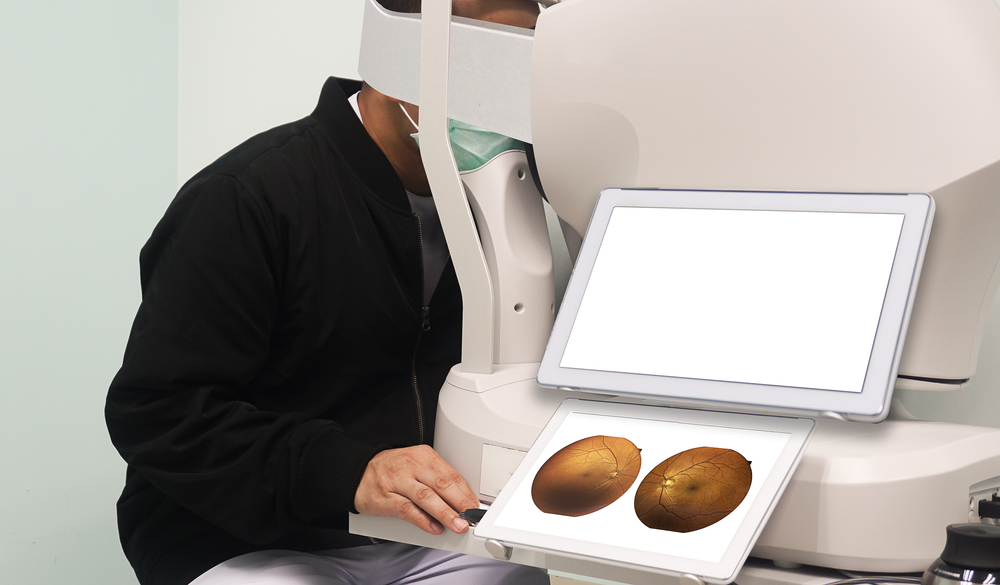
Diabetes is a chronic condition that affects millions of people worldwide. It is characterized by high blood sugar levels, which can cause damage to various organs in the body, including the eyes. When left untreated or poorly managed, diabetes can lead to a range of eye problems, collectively known as diabetic eye conditions. These conditions can have a significant impact on vision and, if not detected and treated in a timely manner, may even result in blindness.
The Impact of Diabetes on Vision
One of the primary reasons why diabetes can affect eye health is due to the damage it causes to the blood vessels in the retina, the light-sensitive tissue at the back of the eye. This condition, known as diabetic retinopathy, is the most common diabetic eye condition. It occurs when the small blood vessels in the retina become weak and leaky, leading to the formation of abnormal blood vessels. These abnormal vessels can cause swelling, bleeding, and scarring, ultimately affecting vision.
Another common diabetic eye condition is diabetic macular edema (DME). This condition occurs when fluid accumulates in the macula, the central part of the retina responsible for sharp, detailed vision. DME can cause blurry or distorted vision and is often a result of untreated or poorly managed diabetic retinopathy.
Common Diabetic Eye Conditions and Their Symptoms
In addition to diabetic retinopathy and DME, diabetes can also increase the risk of other eye conditions. These include cataracts and glaucoma, both of which can cause vision loss if left untreated.
Cataracts are characterized by the clouding of the eye's natural lens, leading to blurred vision, sensitivity to light, and difficulty seeing at night. People with diabetes are at an increased risk of developing cataracts at an earlier age compared to those without diabetes.
Glaucoma is a group of eye diseases that damage the optic nerve, which is responsible for transmitting visual information from the eye to the brain. Elevated eye pressure is a major risk factor for glaucoma, and individuals with diabetes are more prone to developing this condition. Glaucoma often progresses slowly and may not cause noticeable symptoms until advanced stages, making regular eye exams crucial for early detection and treatment.
The Importance of Regular Diabetic Eye Exams
Regular diabetic eye exams are essential for preserving vision and preventing complications associated with diabetes. These specialized eye exams can detect early signs of diabetic eye conditions, allowing for timely intervention and treatment. By closely monitoring the health of your eyes, your optometrist can help prevent or slow down the progression of diabetic eye conditions, ultimately preserving your vision.
During a diabetic eye exam, your eye doctor will perform a series of tests to evaluate the health of your eyes. These tests may include a visual acuity test, which measures how well you can see at various distances, and a dilated eye exam, where eye drops are used to enlarge your pupils, allowing for a more comprehensive examination of the retina and other structures within the eye. Other tests, such as tonometry to measure eye pressure and optical coherence tomography (OCT) to capture detailed images of the retina, may also be performed to assess the extent of any existing eye conditions.
Benefits of Early Detection and Treatment of Diabetic Eye Conditions
Early detection and treatment of diabetic eye conditions can significantly improve outcomes and reduce the risk of vision loss. By identifying and managing these conditions in their early stages, optometrists can help prevent further damage to the retina and preserve vision. Timely treatment options for diabetic eye conditions may include laser therapy, injections, or surgery, depending on the severity and type of condition.
Additionally, regular diabetic eye exams can also serve as an opportunity for your optometrist to assess your overall diabetes management. High blood sugar levels can exacerbate diabetic eye conditions, so keeping your blood sugar levels under control through proper diet, exercise, and medication is crucial for maintaining optimal eye health.
Taking Control of Your Eye Health with Regular Diabetic Eye Exams
Regular diabetic eye exams are of utmost importance for individuals with diabetes. These exams play a vital role in the early detection and treatment of diabetic eye conditions, helping to safeguard vision and prevent further complications. By working closely with your optometrist and following their recommendations, you can take control of your eye health and ensure that any diabetic eye conditions are promptly addressed.
Take charge of your eye health by scheduling a diabetic eye exam with our optometrist and protect your vision for the future, visit Modern Vue Eyecare at our office in Wayne, New Jersey. Please call (973) 490-4200 to book an appointment today.




